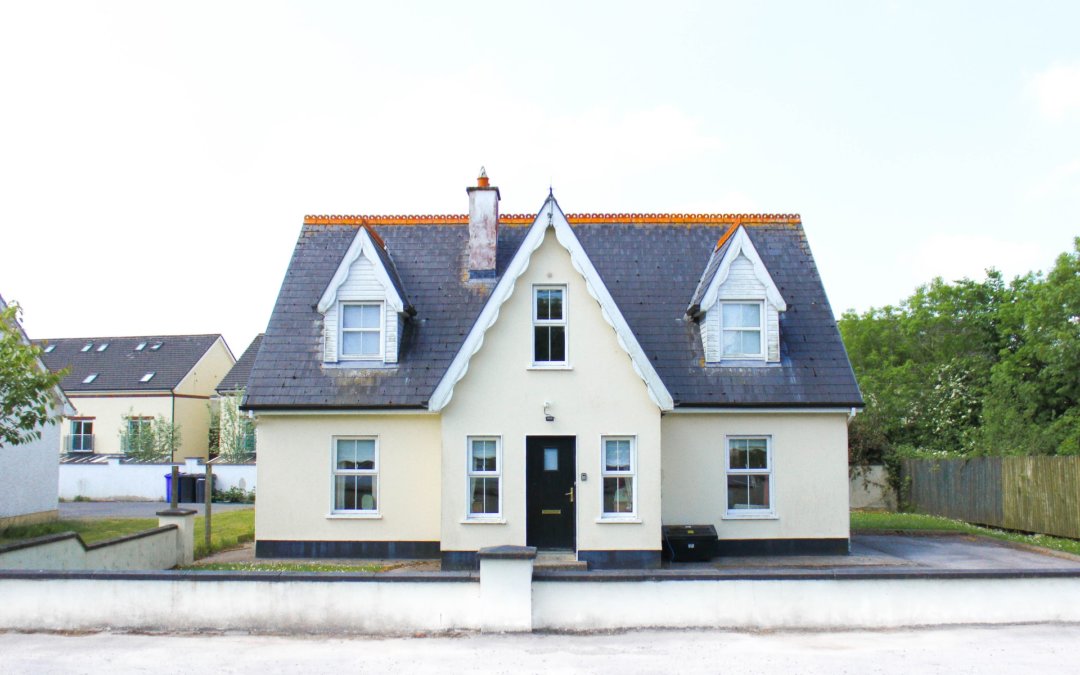Buying and selling a home is stressful. It becomes even more stressful when you’re doing both at the same time, but thankfully it’s not an impossible task. People do it all the time; you can use their experiences to get tips on how to do so. If you’re selling your home, you should consider refinancing as well.
What to Keep in Mind
How do you buy and sell your home at the same time? You should keep in mind three things when considering this: the housing market, your finances, and your buying and selling schedule.
The Housing Market
What is the housing market like? If you’re going to buy and sell a home, you need to know whether or not the market is currently a buyer’s market or a seller’s market. Knowing this will help you figure out how long it’ll take to sell your current home and tell you how difficult it’ll be to buy a new house.
Your Finances
You can’t buy a home at all if you don’t have the financial means to do so. Before you consider starting the buying process at all, figure out exactly what your financial standing is and what your options are going forward. If it’s not good, you might want to hold off until you’re in a comfortable position to buy a new home.
Buying/Selling Schedule
Not everything will line up perfectly when you’re buying and selling a home. Ideally, you’ll have a home ready to buy right when you sell your home, but you can’t rely on that ideal. Anything can happen to throw off your buying and selling schedule. It’s crucial to have a backup plan just in case your timing is thrown off on either end.
Refinancing Your Mortgage
Another option some homeowners take advantage of is refinancing their mortgage. There are some things to know before going this route: if you plan on moving, for example, refinancing might not be worth your time. It’ll save you money on interest, yes, but it’ll take a few years to break even on the cost.
Cash-out refinancing exists for people who refinance specifically so they can get a new home—it refinances for more than your current mortgage and gives you the difference in cash. That cash can then be put toward a downpayment on a new home. Things work a little differently for government-backed loans, though; when borrowing an FHA loan, the terms of it mean you agree to use the home you’ve gotten with the loan as your primary residence for at least one year.

